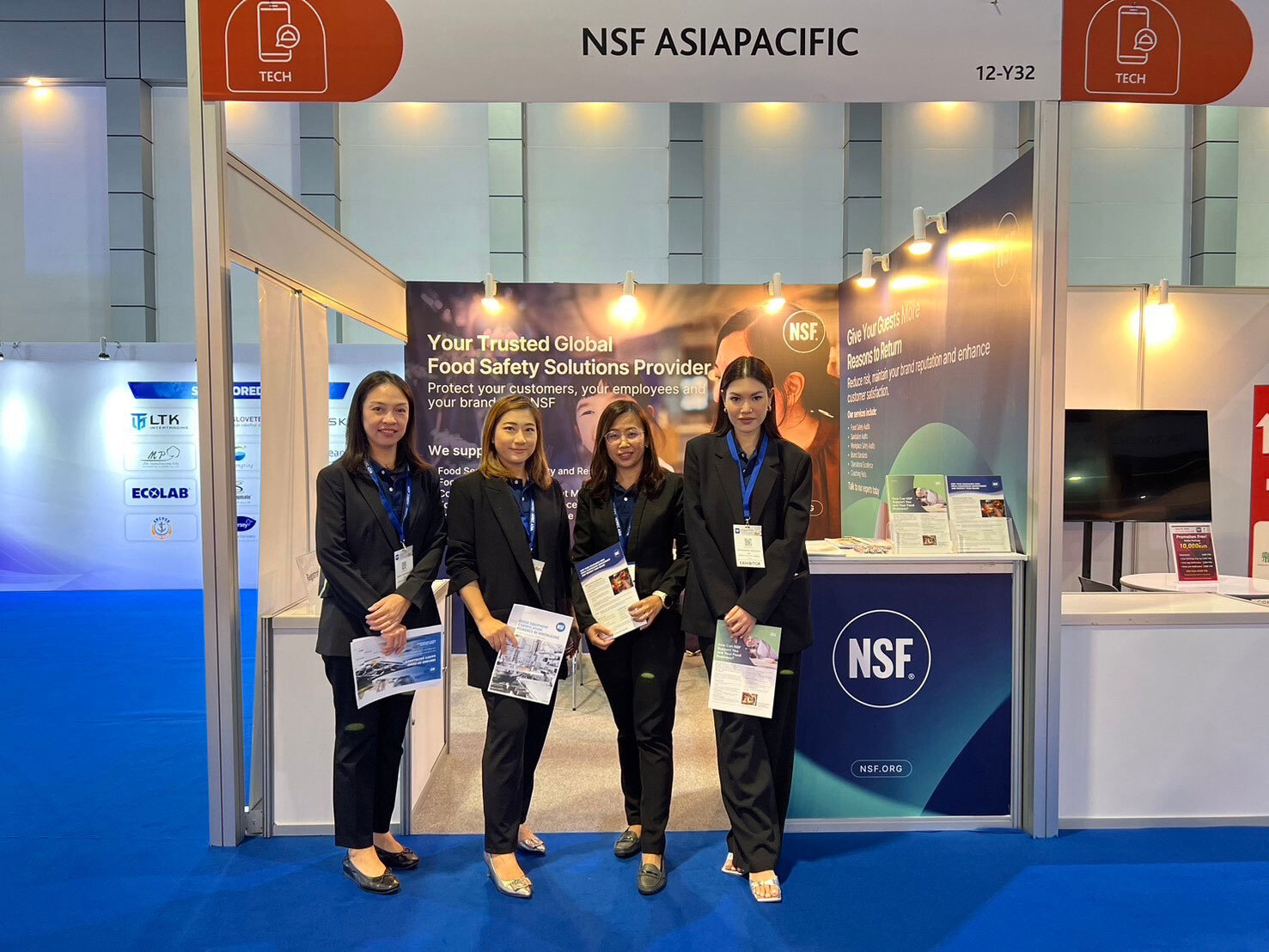The Importance of Registrations to Food-Grade Lubricant End Users

Be Part of the Solution
During a food safety audit, using non-food grade lubricants could be considered a non-compliance issue. An H1 registered or ISO 21469 certified lubricant demonstrates to an auditor that a product aligns with regulatory and voluntary food safety schemes. Consequently, registering or certifying can help lead to greater product acceptance by food and beverage processors.
A Key Piece in the HACCP Puzzle
A Hazard Analysis and Critical Control Point (HACCP) system is designed to help manage potential food safety hazards. HACCP principles almost always play a part in national regulations, industry-accepted global standards or a processor’s own food safety program. This affects lubricant manufacturers in that:
- The three HACCP categories of potential hazards are biological, chemical and physical.
- Lubricants are considered possible chemical hazards since they could cause food to become unsafe for human consumption.
- Information about lubricants and their use is fully documented.
Between 2008 and 2017, 55% of product recalls were due to chemical contaminants and biotoxins.
Using registered or certified food-grade lubricants helps reduce the risks of chemical contamination to acceptable levels at critical control points. Seeing a registration or certification mark from a third party like NSF confirms to a food safety auditor:
- During normal operations, minor incidental contact between the lubricant and food would not lead to contamination of food products.
- The lubricant’s formulations and ingredients are compliant with U.S. FDA 21 CFR Section 178.3570 (21 CFR), the basis for deciding if incidental contact is allowed.
A single product recall can cost food/beverage producers $10M (USD) in direct costs.
The Path to GFSI Certifications
Global Food Safety Initiative (GFSI) schemes do not specify any formulary or ingredients requirements for food-grade lubricants; however, using them or not can lead to the success or failure of certification. For food and beverage processors, food-grade lubricants are required or strongly recommended by GFSI certification program owners such as BRCGS, IFS and SQF.
According to BRCGS’ Global Standard for Food Safety, Issue 8, “Materials used for equipment and plant maintenance and that pose a risk by direct or indirect contact with raw materials, intermediate and finished products, such as lubricating oil, shall be food grade and of known allergen status.”
To confirm they are purchasing verified food-grade lubricants, end users should go first to NSF’s White Book™ to see if a product is listed in a registration program.
Stay Informed About Food-Grade Lubricants, Webinars and More
How NSF Can Help You
Get in touch to find out how we can help you and your business thrive.

